Many outstanding results
The project to build a smart city (SM) in Da Nang city in the period of 2018-2025, with a vision to 2030, identifies 19 target groups, 38 specific tasks and 53 priority programs and projects to create momentum and spread for priority implementation in the period of 2018-2025. Priority programs and projects under the SM Project are implemented synchronously and comprehensively on 06 pillars and 16 priority specialized fields according to the Overall Architecture of SM in Da Nang city.
In the process of implementing socio -economic development, the City People's Committee has implemented many other programs and projects in addition to the Smart City Project to serve urban management in a smart direction.
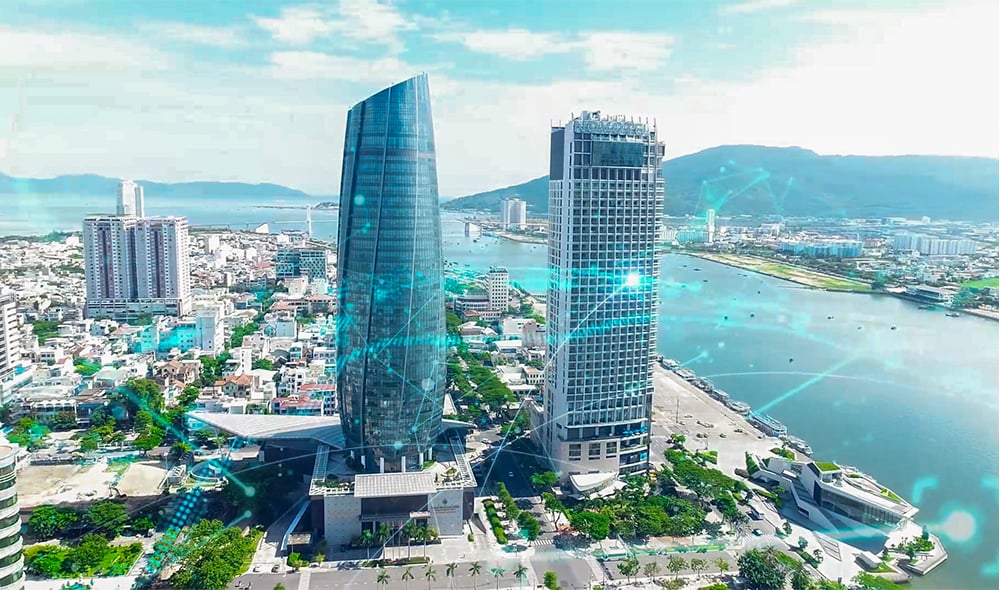
To date, 38/38 tasks and solutions have been implemented and have products and results. At the same time, the city has proactively implemented the tasks assigned in Decision No. 950/QD-TTg dated August 1, 2018 of the Prime Minister on approving the Project on sustainable smart urban development in Vietnam to 2025, with a vision to 2030, and has basically completed 11/11 assigned tasks.
The TPTM Project was issued before Resolution No. 43-NQ/TW and the Resolution of the 22nd Da Nang City Congress. The implementation of the TPTM Project is closely linked to digital transformation, closely following the guidelines of Resolution No. 43-NQ/TW and the Resolution of the 22nd Da Nang City Congress.
After 5 years of implementing the Project, the city has achieved remarkable results. Inheriting from the foundation, the e-government infrastructure, telecommunications and IT infrastructure continue to be invested in upgrading and expanding. The urban network infrastructure and the City Data Center are upgraded, expanded, and supplemented with storage and processing capacity to ensure the activities of the Smart City and the activities of Party agencies, the Front and socio-political organizations; connecting from the city to wards and communes; connecting internationally via 02 submarine optical cable lines.
Regarding data, up to now, the city has completed shared databases, connected to national databases; initially formed a spatial GIS database. The city also deployed a digital administrative procedure results warehouse to serve process restructuring, inheriting digital data to reduce some administrative procedures (such as re-issuance procedures due to damage or loss), performing same-day procedures for re-issuance procedures, reducing file components; providing nearly 1,200 open data sets on the City Data Portal for people and businesses to look up and exploit, of which 10 data sets have created value and new services.
In particular, in developing data to serve digital transformation and build smart cities, Da Nang has been recognized and evaluated by the Ministry of Information and Communications as a model for replication nationwide.
In the field of Digital Government, the city's rate of complete online public services is the highest in the country at 95% (the provincial average is 55%); the rate of complete online processing of records is 65% (the provincial average is 17%); The National Committee on Digital Transformation has recognized and evaluated many good and effective models, solutions, and practices and selected them as a pilot model to summarize and replicate nationwide.
Up to now, the city's leadership, direction and operation are gradually being transformed from a traditional environment to a digital environment based on digital data and digital technology with the initial use of smart urban service groups, monitoring services and analysis and warning services on the city's IOC Center.
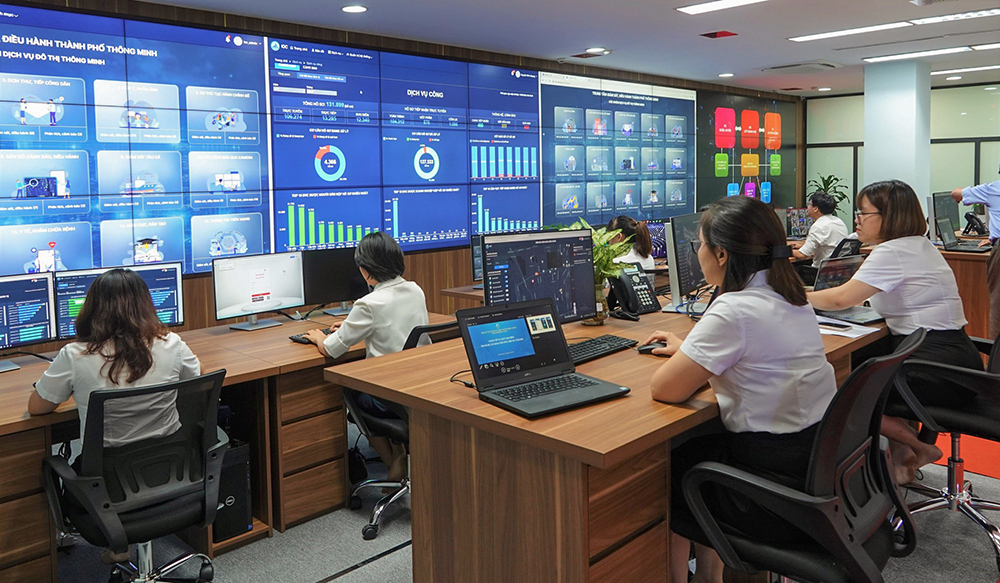
The Digital Society sector has also achieved initial results. The city has developed smart platforms and applications and provided utilities and services for people and businesses; people use digital services and interact with the government, participating in contributing ideas to build the city in the digital environment.
The development of IT industry and digital economy, digital technology is integrated into industries and fields, creating momentum for model innovation, improving growth quality, labor productivity, and shifting the economy towards digital economy. IT industry revenue grows by an average of 10-15%/year; software export turnover grows by 15%/year. The scale of the digital economy in 2023 accounts for 20.69% of the city's GRDP (exceeding the 2025 expenditure by 20%); there are 2.3 digital technology enterprises/1,000 people (3 times higher than the national average).
The strong development of local digital technology enterprises, gradually mastering technology, developing platform products, and applying Make in Da Nang has won national and international awards and has been widely deployed in many other localities; creating a foundation for developing new key areas such as semiconductors and artificial intelligence.
With its relentless efforts, Da Nang is gradually forming the brand "Da Nang - Smart City"; 4 consecutive years (2020-2023) recognized and awarded the Smart City Award (the only one) Vietnam with 12 thematic awards; won the ASOCIO Smart City Award in 2019 presented by the Asia - Oceania Industry Organization; Third Prize of the Seoul Smart City Award 2023 presented by the World Sustainable Smart Cities Organization (WeGO) and the City of Seoul in the Human CentriCity category. 7 SWM3 and APG submarine optical cable lines, with a total current capacity of 54.8 Tbps, accounting for 14.37% of the total capacity of 08 submarine optical cable lines in Vietnam. Most recently, at the 5th Vietnam Smart City 2024 Award Ceremony within the framework of the Vietnam - Asia Smart City conference series, Da Nang received this award for the 5th time and is also the only locality to hold the top ranking of Vietnam Smart City since this activity was organized. In addition to the Vietnam Smart City Award 2024, Da Nang city was also honored with 3 thematic awards including: Smart Management and Operation City; Attractive Innovation City; Smart, Green, Clean Environmental Management City. |
Bringing convenience to people and businesses
The implementation of the TPTM Project is closely linked and synchronized with the implementation of Resolution No. 05-NQ/TU, the Digital Transformation Project and Project 06/CP, which has brought about some positive results.
The implementation of the Smart City Project has provided many smart services and utilities for people, gradually creating digital habits and skills among people, contributing to the formation and development of a digital society and digital citizens such as: services for giving feedback and reflecting on the scene; tracing the origin of food, utilities for looking up restaurants and establishments granted food safety certificates; looking up public toilets and storm shelters; monitoring rainfall, looking up and monitoring rainfall and flooding levels; looking up bus/route information, looking up parking fee debts, looking up the nearest parking lot, looking up online cameras, scheduling public services, scheduling vaccinations, etc.
The city has put into use the Digital Citizen Platform with about 46% of adults having a digital citizen account; promoting and adding features to the Da Nang Smart City Mobile Application Platform; Building and deploying the Digital Journey Platform (Danang SmartTrip), 3-word precise positioning technology (what3words) and sensors, GPS to serve the management and monitoring of the journeys of vehicles participating in traffic such as ambulances, fire trucks, garbage trucks, supporting coordination and cooperation between units and vehicle systems in emergency situations. To date, the Digital Journey Platform has integrated 117 vehicles into the application (19 ambulances, 43 fire trucks and 55 garbage trucks), with more than 15,000 downloads and uses, more than 20,000 calls for ambulances; received nearly 1,000 feedbacks and reviews from people about the 115 service, with an average satisfaction level of 4.8/5 stars.
The city has restructured processes, used digital data in providing public services in the direction of digital services, simplified administrative procedures, and people and businesses do not need to resubmit some documents (business registration, household registration, land use right certificate).
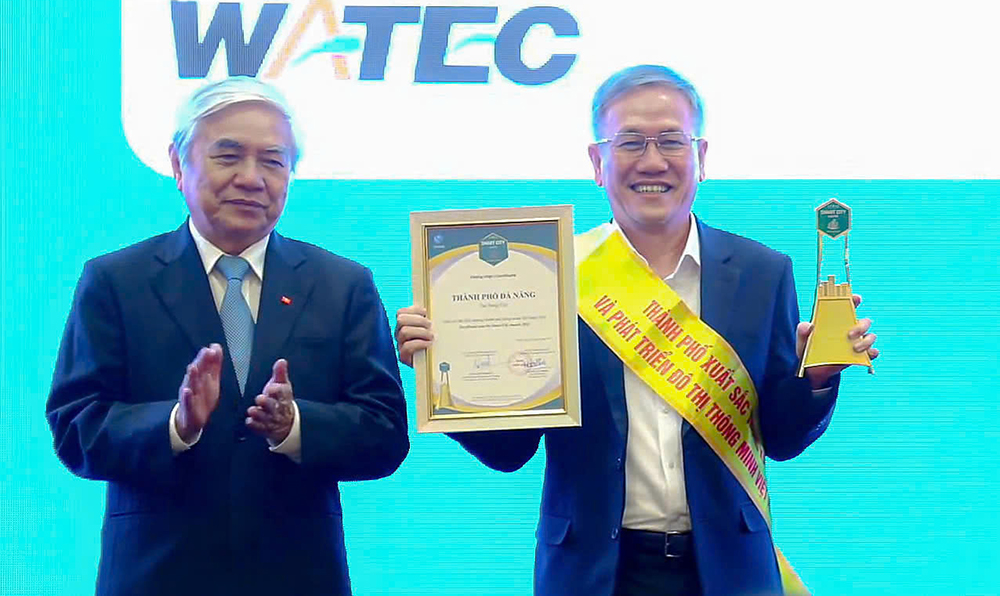
Since 2023, the city has put into use 03 services from the national population database in providing public services, especially issuing digital files to replace the required documents (household registration book, temporary residence book, confirmation paper, etc.). At the same time, it has started sharing services to provide social security services (insurance, tax, electricity and water supply, etc.); deploying digital administrative procedure results combined with QR code attachment to allow the provision of advanced online public services.
The Department of Digital Authentication and Information Security has issued 46 soft digital signatures for doctors to sign health records and issued more than 9,000 soft digital signatures for teachers to sign electronic transcripts; at the same time, it is implementing the free issuance of digital signatures for people using public services. To date, more than 40,000 digital signatures have been issued to businesses and organizations and more than 15,000 personal digital signatures.
Da Nang has basically completed updating personal identification number/citizen identification information into the national database (CSDLQG) on Insurance, synchronized with the national database on population to serve the integration of health insurance cards into chip-embedded CCCD. Integrating the process of participating in social insurance, electronic health books into the VNelD level 2 application. Up to now, the city's Social Insurance has synchronized 1,088,870, reaching 99% of the number of people participating in social insurance, health insurance, and unemployment insurance in the city. From there, deploy medical examination and treatment via chip-embedded CCCD, VneID application to replace paper health insurance cards. Proceed to not print health insurance cards for cases that have had their cards integrated into chip-embedded CCCD.
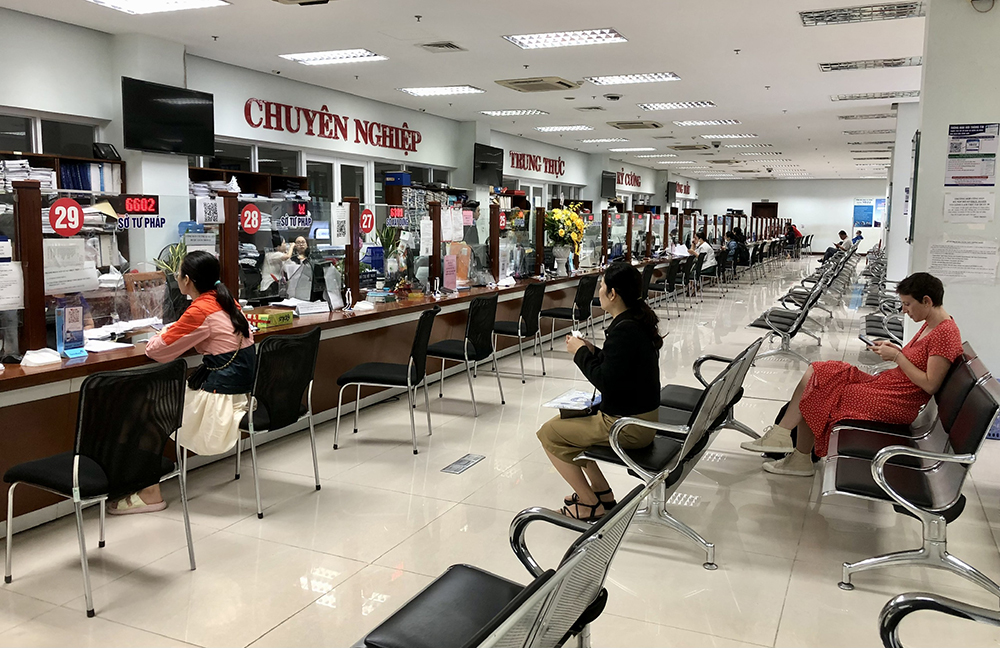
For businesses, the implementation of the TPTM Project has provided a number of applications and services for businesses such as: land information lookup, planning, land fund calling for investment, e-commerce platform, job exchange, technology exchange, open data portal,...
To date, the city has provided nearly 1,200 open data sets, of which 10 open data sets create new values; and is piloting the construction of the DanangChain Platform to serve the government and support businesses in accessing and using it.
According to the assessment of the Ministry of Information and Communications, the digital economy in 2023 will account for 20.69% of the city's GRDP (exceeding the target set for 2025 of 20%); the rate of digital technology enterprises will reach 2.3 enterprises/1,000 people; 02 digital technology enterprises will have revenue of over 1,000 billion VND.
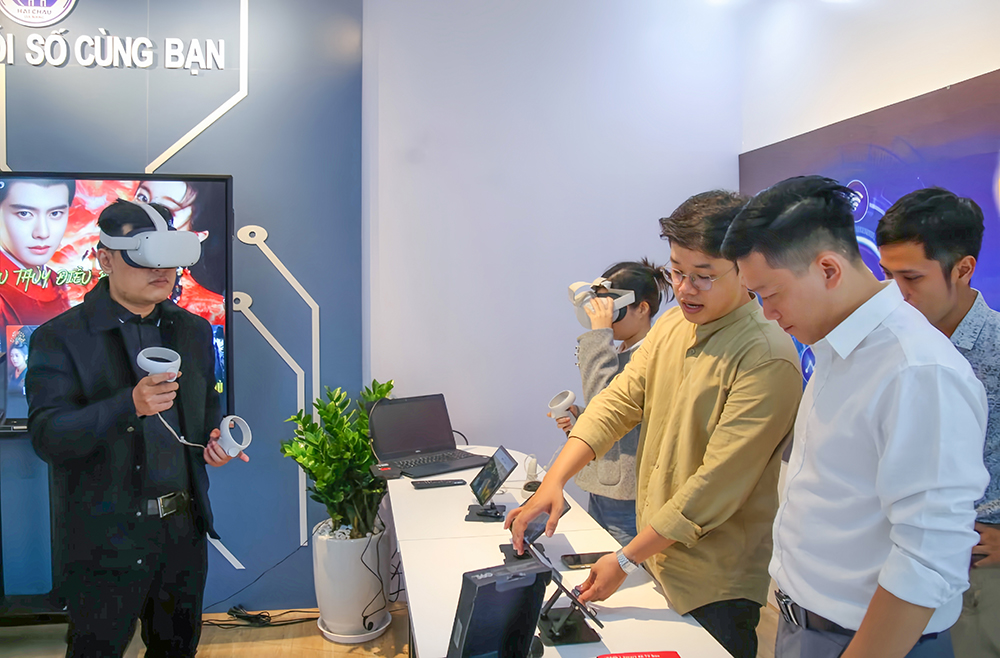
The TPTM project has contributed to improving the operational efficiency of city agencies; especially Party, Front, and Mass Organization agencies have strongly deployed the application of document management and document connection with the government; management of public complaints and denunciations; Database system to monitor the implementation of inspection conclusions and recommendations of the State Audit, Software for managing civil servants of the Party; is implementing the project of applying IT in the operations of Party, Front and socio-political organizations of Da Nang city in the period of 2021-2025 with components such as: Paperless meeting room system, video conferencing system, information security assurance system, upgrading the City Party Committee's Data Integration Center.
Management and operation work has gradually shifted from the traditional environment to the digital environment (processing records online, supervising and directing online, synthesizing reports online, monitoring work assigned by leaders, detecting and sanctioning traffic violations...), starting to use digital data in directing and operating, providing public services in the direction of digital services (100% of eligible public services have been deployed online at level 4; using digital data to replace paper documents that must be submitted; starting to deploy bringing non-one-stop procedures and public career services to the Public Service Portal;...).
HOANG PHAN - MAI QUANG
Source: https://www.danang.gov.vn/web/guest/chinh-quyen/chi-tiet?id=62013&_c=3




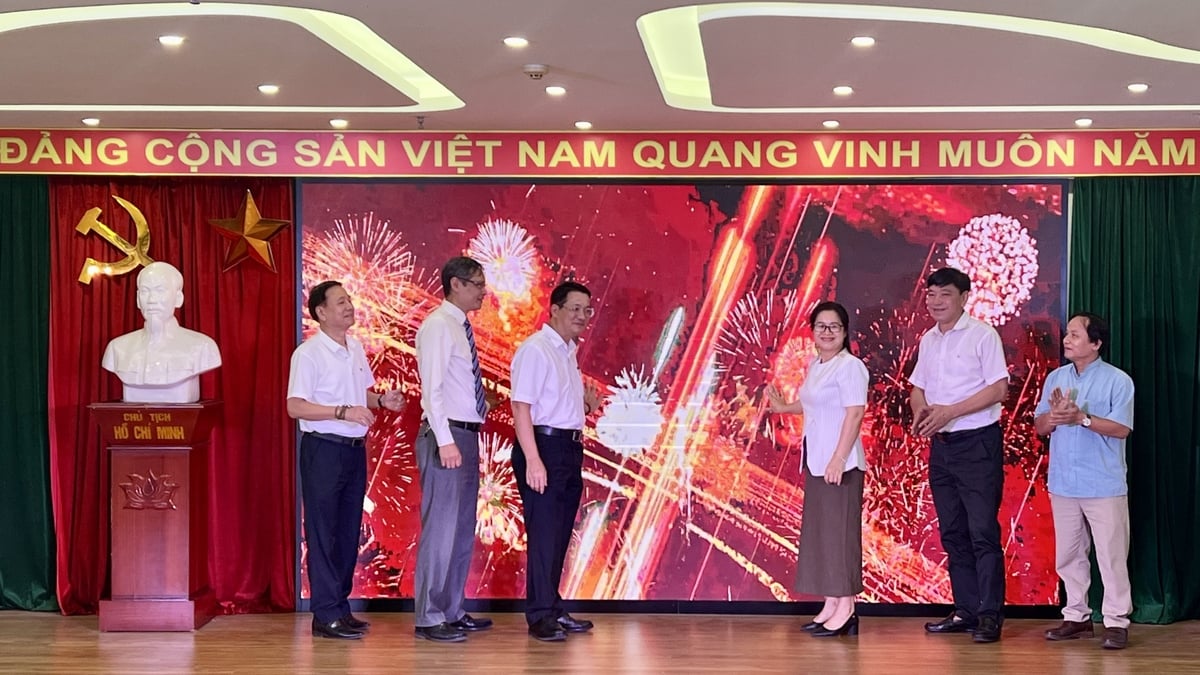
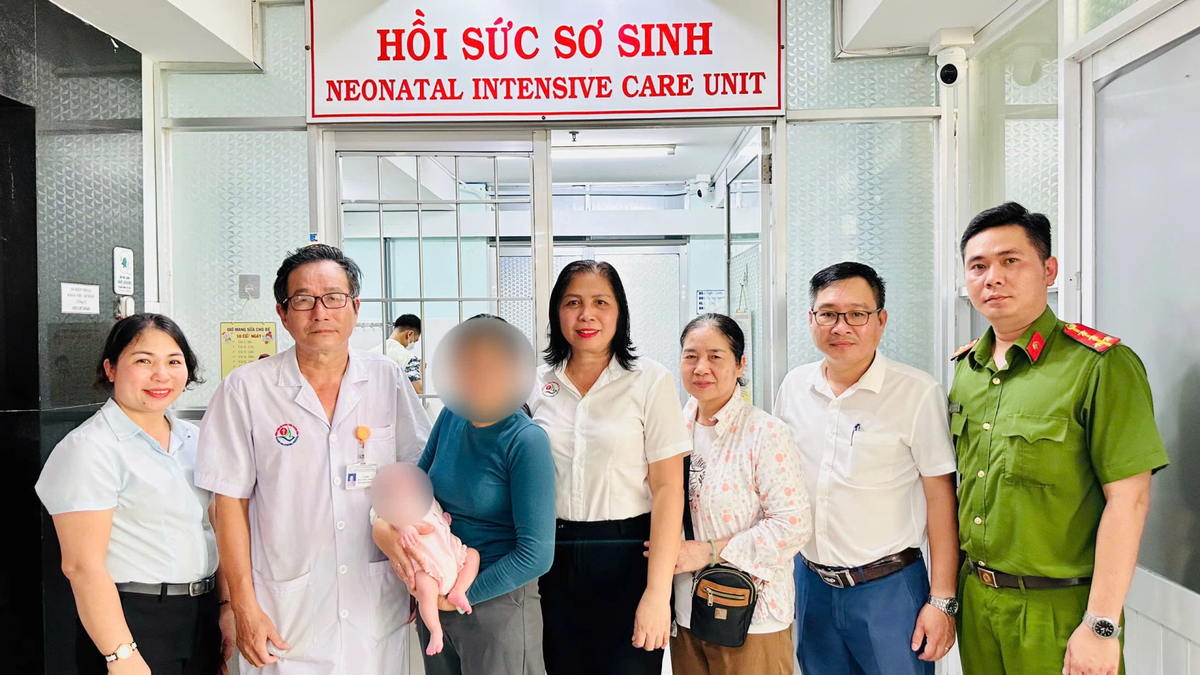

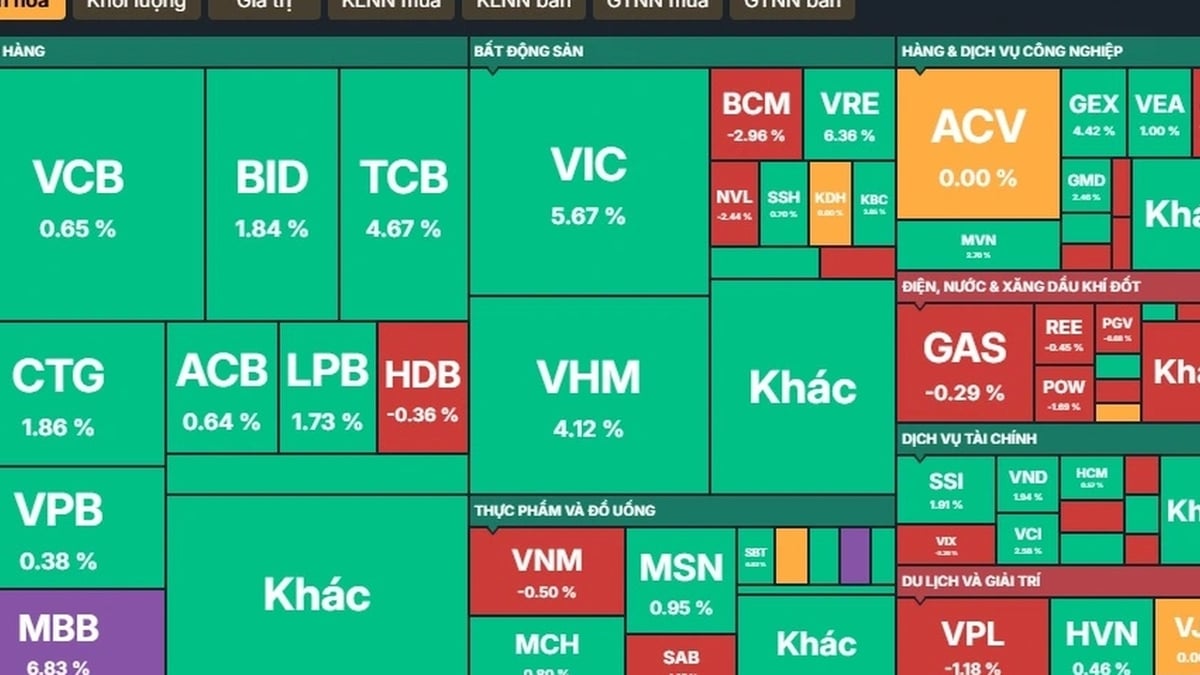
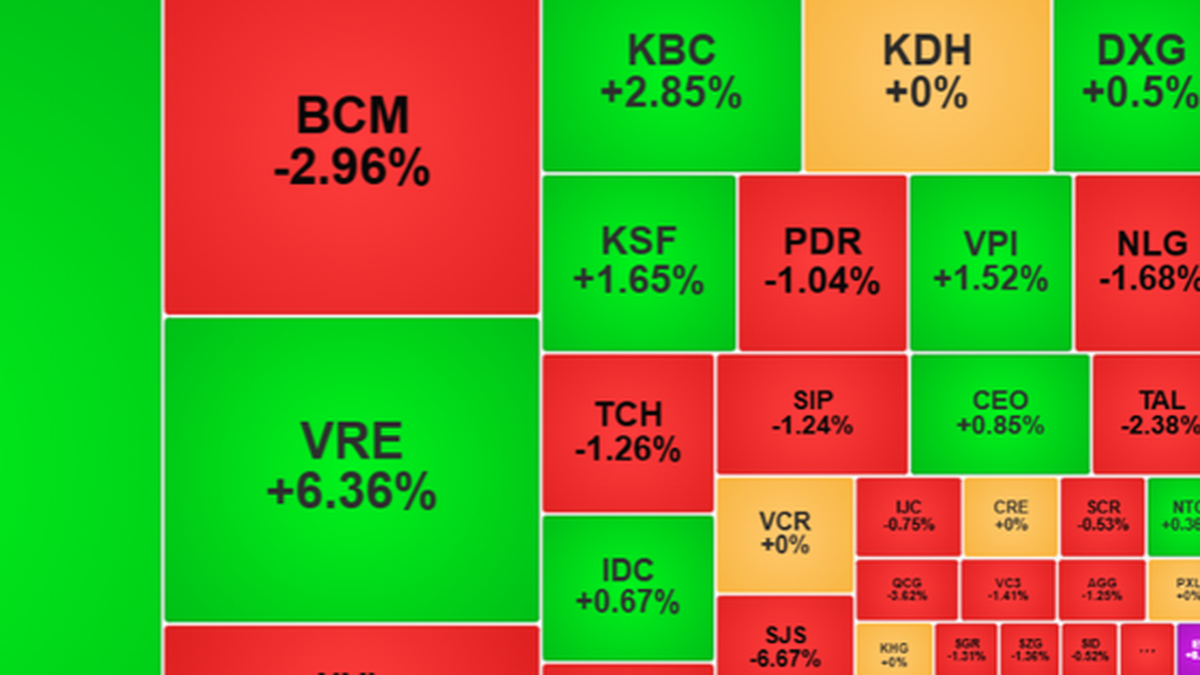
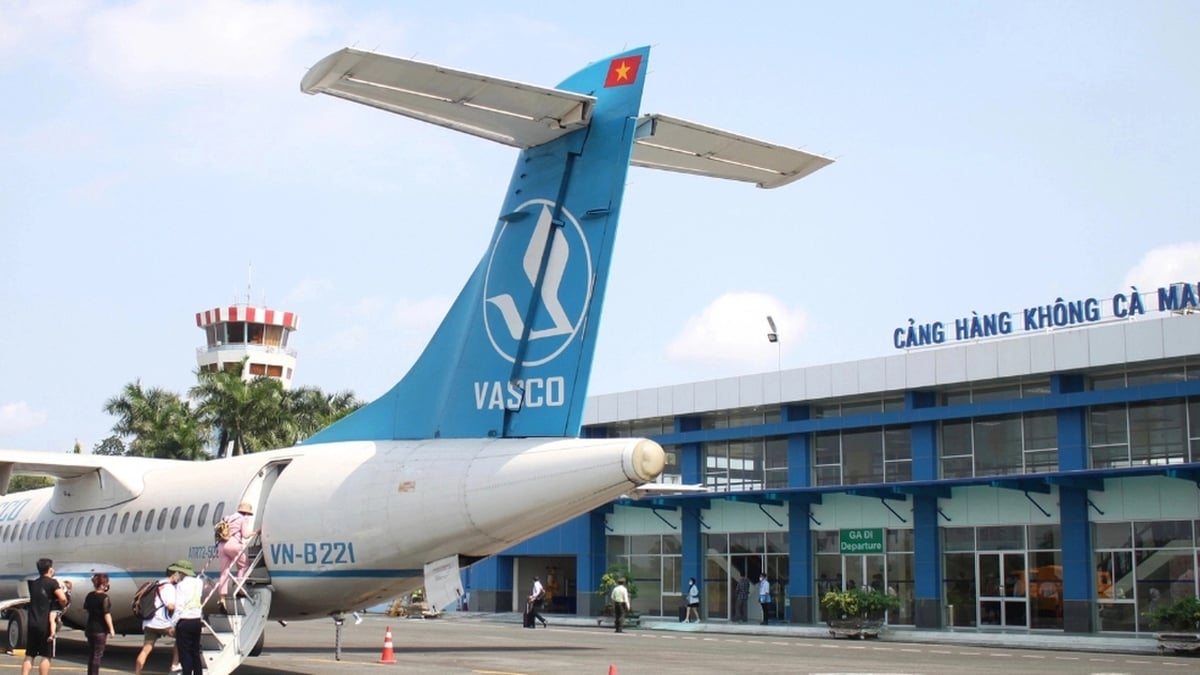
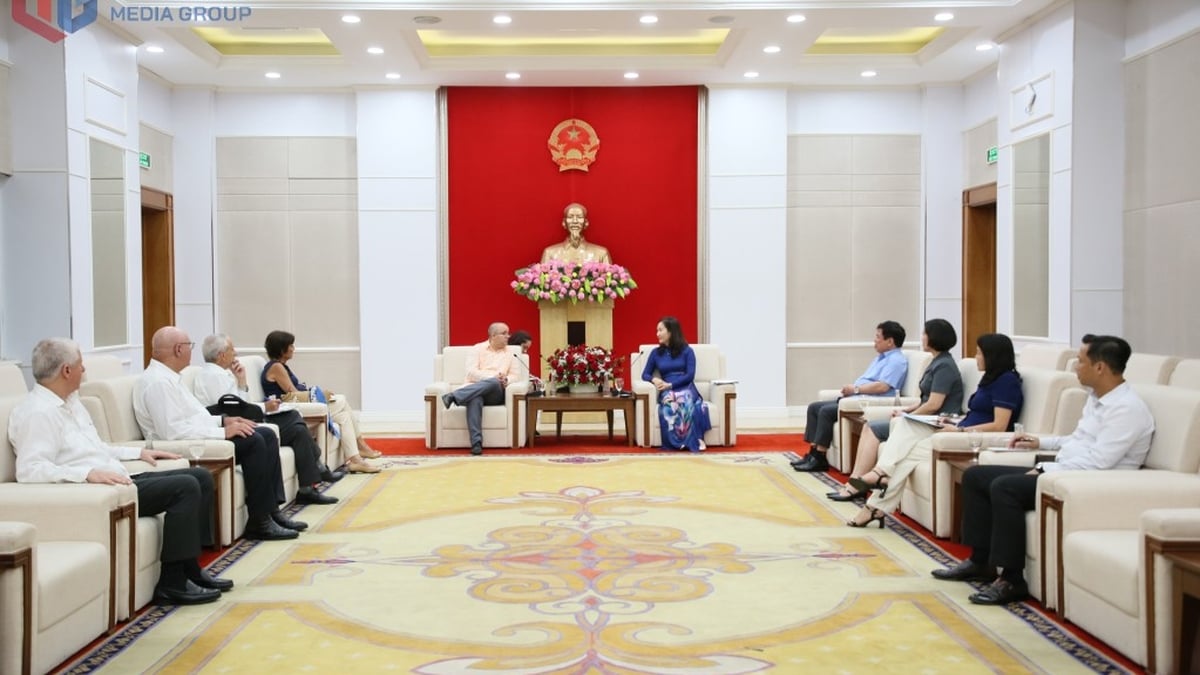
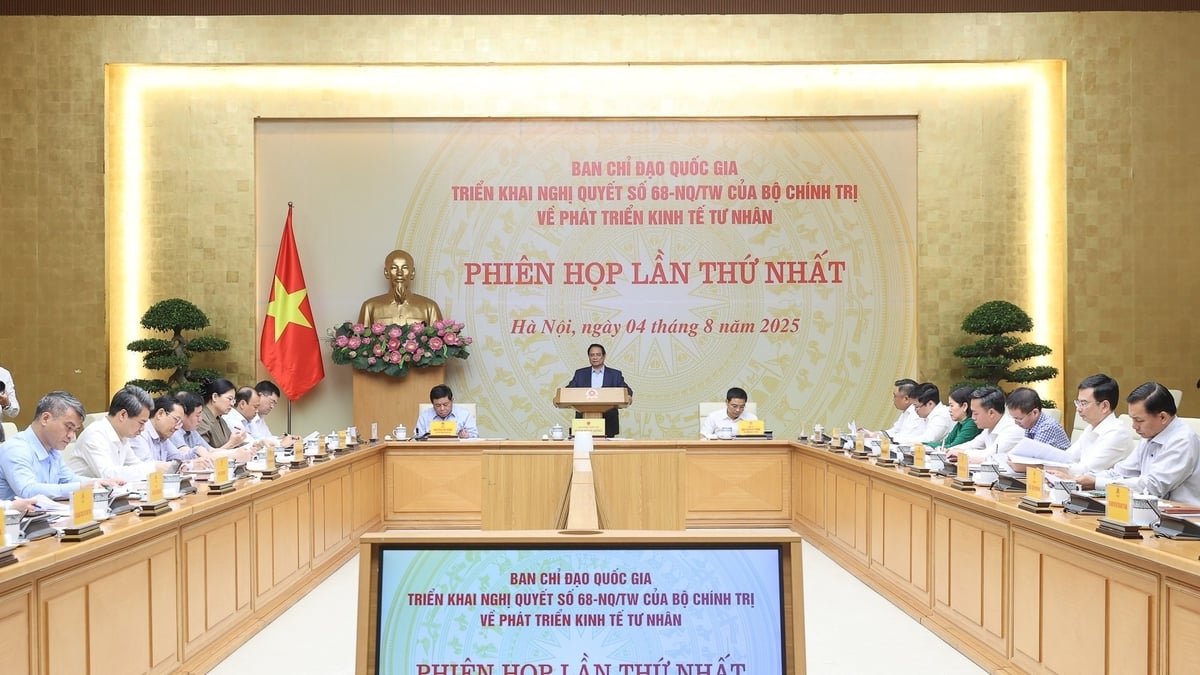


















































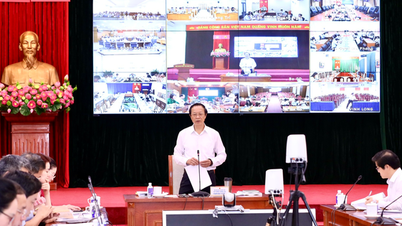
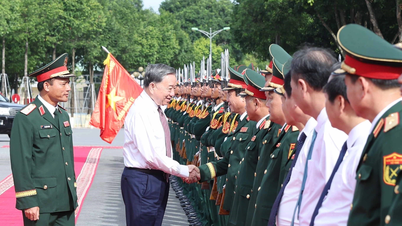







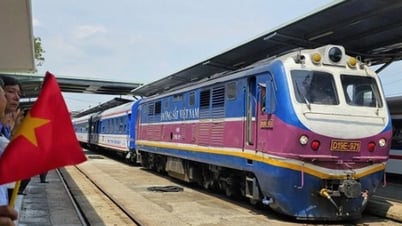
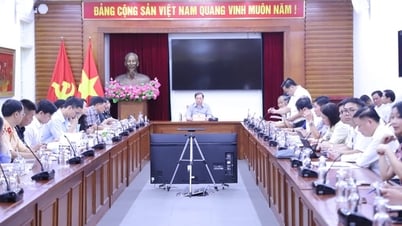

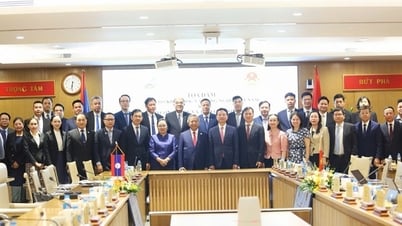























Comment (0)